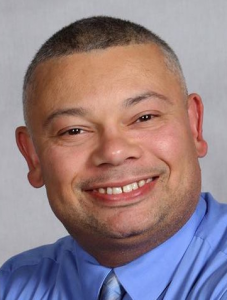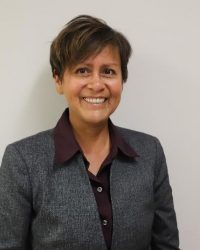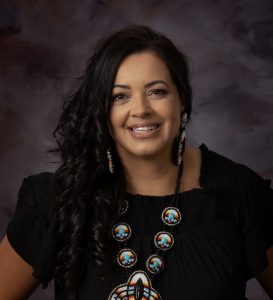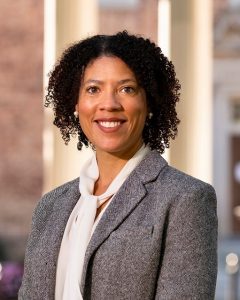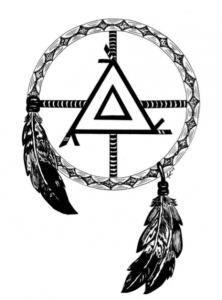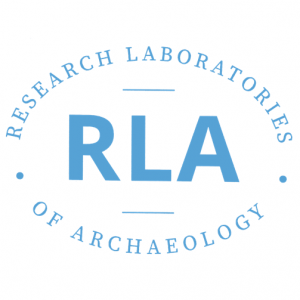K-12 and Community College Program

North Carolina is home to the largest population of American Indians east of the Mississippi River, totaling more than 184,000 people with eight state-recognized tribes and four urban Indian organizations. On March 24 UNC World View will offer a short virtual program for K-12 and community college educators to introduce and give voice to North Carolina’s state-recognized tribes.
During this program, we will learn more about each tribe and members from North Carolina’s Indigenous communities are invited to participate on a panel to expand the educator audience’s knowledge of Indigenous peoples, their history, culture, and achievements. The program strives to support educators in developing and using culturally appropriate and relevant curriculum and improve educational opportunities for American Indian students.
Schedule | Speakers | Program Materials | Support
Schedule
| Thursday, March 24, 2022 | |
| 4:00 p.m. | Welcome Charlé LaMonica, Director, UNC World View, UNC-Chapel Hill |
| Kerry D. Bird, President, Triangle Native American Society | |
| 4:05 p.m. | An Introduction to North Carolina’s American Indian Tribal Communities Nancy Strickland Fields, MA (Lumbee), Director/Curator, The Museum of the Southeast American Indian, UNC-Pembroke |
| 4:45 p.m. | Contemporary Native Voices Panel Reggie Brewer, Enrolled member and Cultural Enrichment Coordinator, Lumbee Tribe of North Carolina Jonathan Caudill, Chief, Meherrin Nation Greg Jacobs, Citizen of the Coharie Tribe and Tribal Administrator, Coharie Intra-Tribal Council Vivette Jeffries, Citizen of the Occaneechi Band of the Saponi Nation (OBSN) and Founding Partner, biwa|Emergent Equity, Inc. Dr. Marty Richardson, Vice Chief, Haliwa Saponi Indian Tribe Juanita Wilson, Enrolled member and Talent & Development Program Director, Eastern Band of the Cherokee Indians (EBCI) Dorothy Stewart Yates, Chair, Sappony Pamela Young-Jacobs, Chairwoman, Waccamaw Siouan Tribe of North Carolina Moderator: Dr. Amy Locklear Hertel, JD, PhD (Coharie/Lumbee), Executive Vice Provost, UNC-Chapel Hill |
| 5:30 p.m. | Closing Remarks and Adjournment Charlé LaMonica, Director, UNC World View, UNC-Chapel Hill |
Speakers
More info to come.





